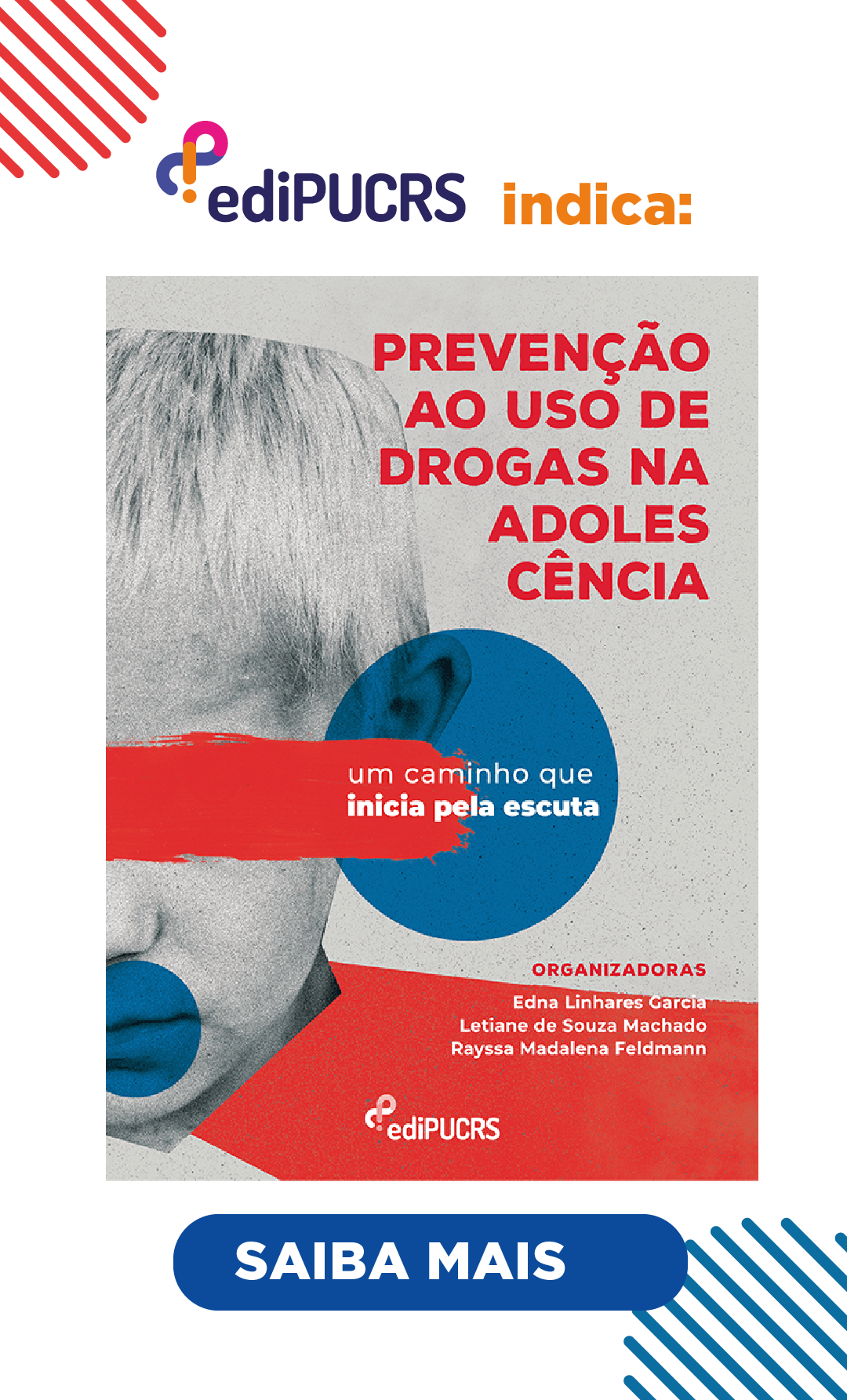The remembrance of Rwanda's Genocide and its effects on the democratic present
An analyses out of mediatic necropolitics
DOI:
https://doi.org/10.15448/2178-5694.2021.2.40431Keywords:
Rwanda genocide, Media, Necropolitics, International law, DemocracyAbstract
This paper aims to analyze the influence of the narratives disseminated during the Rwandan genocide (1994) on the present democratic situation of the country. Thus, the article uses bibliographical research as methodology, followed by a qualitative approach, in order, firstly, to analyze the events that caused the episode and its consequences, as well as the concept of genocide itself. Subsequently, an analysis will be made of the role of the media as a vector of narratives that instigated polarization throughout the Rwandan Genocide. And finally, the remembrance of such 20th century episode and how the effects of this process hinder democratic progress in the country will be verified. To carry out such a study, Achile Mbembe’s concept of necropolitics will be used as theoretical contribution.
Downloads
References
Araujo, Cintia Ribeiro de. 2012. “O genocídio de Ruanda e a dinâmica da inação estadunidense.” Dissertação de mestrado apresentada ao Programa de Pós-Graduação em Relações Internacionais San Tiago Dantas, UNESP/UNICAMP/PUC-SP. http://hdl.handle.net/11449/93738.
Campos, Paula Drumond Rangel 2006. “A norma internacional de genocídio: vícios e virtudes da Convenção de 1948.” Boletim do Núcleo de Direitos Humanos 2: 32-35.
Canêdo, Carlos. 1998. O genocídio como crime internacional. Belo Horizonte: Del Rey.
Cascais, Antônio. 2020. “Ruanda: 20 anos de liderança do “ditador benevolente”. DW, April 17, 2020. https://p.dw.com/p/3b1cH.
Daball, Melanie Cura. 2019. “Ruanda: Há ditadura com Paul Kagame?”. DW, June 28, 2019. https://p.dw.com/p/3LDjn.
Feierstein, Daniel. 2011. El genocidio como práctica social: entre el nazismo y la experiencia argentina. 2. ed. Buenos Aires: Fondo de Cultura Económica.
Fonseca, Danilo Ferreira da. 2013. “A mídia ruandesa no genocídio de 1994: a relação entre tutsis, Inkotanyis e a Frente Patriótica Ruandesa”. Em Tempo de Histórias (22): 56-77. https://doi.org/10.26512/emtempos.v0i22.19792.
Fonseca, Danilo Ferreira da. 2016. Direitos costumeiros e crimes internacionais: a justiça ruandesa após o genocídio de 1994 – Tribunais Gacaca e Abunzi. Odeere: revista do programa de pós-graduação em Relações Étnicas e Contemporaneidade – UESB, Vitória da Conquista. Acessado em 12 jun. 2021. https://periodicos2.uesb.br/index.php/odeere/article/view/1562/1347.
Foucault, Michel. 1987. Vigiar e punir: nascimento da prisão. Traduzido por Raquel Ramalhete. Petrópolis: Vozes.
Fragoso, Heleno Cláudio. 1973. “Genocídio.” Revista de Direito Penalv. 9/10, (jan./jun.): 27-36.
Hilário, Leomir Cardoso. 2016. “Da biopolítica à necropolítica: variações foucaultianas na periferia do capitalismo.” Sapere Aude 7 (13): 194-210. Human Rights Watch. “Rwanda.” Human Rights Watch. Acessado em 17 mar. 2021. https://www.hrw.org/africa/rwanda.
Karibi-whyte, Adolphus. Appeal Procedures and Practices. In Ngarambe, Alex. 2020. “Parlamento do Ruanda aprova lei que dá mais poderes ao presidente”. DW, July 9, 2020. https://www.dw.com/pt-002/parlamento-do-ruanda-aprova-lei-que-d%C3%A1-mais-poderes-ao-presidente/a-54103730.
United Nations International Residual Mechanism for Criminal Tribunals. 2003. Prosector v. Ferdinand Nahimana, Jean-Bosco Barayagwiza and Hassan Ngeze: Case No. ICTR-99-52-T/Judgement and sentence, dezembro de 2003. United Nations. Acessado em 19 mar. 2021. https://unictr.irmct.org/en/cases/ictr-99-52
Kopp, Juliana Borges. 2010. “Genocídio: raízes sócio- -políticas e previsão legal.” Revista Eletrônica de Direito Internacional, 7: 185-208. Martínez, Horacio Luján. 2009. “El genocidio como práctica social.” Philósophos-Revista de Filosofia 14 (1): 211-218.
Mbembe, Achille. 2016. “Necropolítica.” Artes e Ensaios, no. 32 (março): 123-151. Acessado em 18 mar. 2021. https://revistas.ufrj.br/index.php/ae/article/view/8993.
McDonald, Gabrielle Kirk. 2000. Substantive and Procedural Aspects of International Criminal Law: The Experience of International and National Courts: Materials Vol. 2. BRILL, Springer.
Organização das Nações Unidas (ONU). 1948. “Convenção para a prevenção e a repressão do crime de genocídio.” Organização das Nações Unidas. Paris, 1948.
Organização das Nações Unidas (ONU). 1993. “Resolução 872 (1993) adotada pelo Conselho de Segurança em sua 3288 reunião, em 5 de outubro de 1993.” Organização das Nações Unidas. Acessado em 18 mar. 2021. https://digitallibrary.un.org/record/197341.
Paula, Luiz Augusto Módolo de. 2019. “Genocídio e o tribunal penal internacional para Ruanda.” Dissertação de Mestrado, Faculdade de Direito, Universidade de São Paulo.
Pinto, Maria Teresa Nogueira. 2011. “Ruanda: Entre a Segurança e a Liberdade.” Relações Internacionais, no. 32 (dezembro): 45-57. Acessado em 18 mar. 2021. http://www.scielo.mec.pt/pdf/ri/n32/n32a04.pdf.
Pollak, Michel. 1989. “Memória, Esquecimento, Silêncio.” Revista de Estudos Históricos 2, no. 3 (junho): 3-15. Acessado em 15 fev. 2021. http://bibliotecadigital.fgv.br/ojs/index.php/reh/article/view/2278/1417.
Souza, Janine Pacheco. 2011. “A convenção para a prevenção e repressão do crime de genocídio (1948).”In Relações Internacionais e Direitos Humanos, organizado por José Blanes Sala, 75-89. São Paulo: Cultura Acadêmica; Marília: Oficina Universitária.
Tribunal da ONU sentencia três réus por incitar o ódio que levou à tentativa de extermínio étnico em Ruanda, em 1994. Folha de S. Paulo, 4 dez. 2003. Acessado em 12 jun. 2021. https://www1.folha.uol.com.br/fsp/mundo/ft0412200301.htm.
Trindade, Antônio Augusto Cançado. 2006. A humanização do Direito Internacional. Belo Horizonte: Editora Del Rey.
Downloads
Published
How to Cite
Issue
Section
License
Copyright (c) 2021 Conversas & Controvérsias

This work is licensed under a Creative Commons Attribution 4.0 International License.
Copyright
The submission of originals to Conversas & Controvérsias implies the transfer by the authors of the right for publication. Authors retain copyright and grant the journal right of first publication. If the authors wish to include the same data into another publication, they must cite Conversas & Controvérsias as the site of original publication.
Creative Commons License
Except where otherwise specified, material published in this journal is licensed under a Creative Commons Attribution 4.0 International license, which allows unrestricted use, distribution and reproduction in any medium, provided the original publication is correctly cited.





